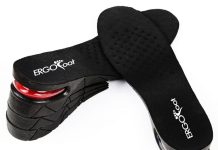Are thicker insoles truly better for your feet? This article explores the impact of thicker insoles on foot comfort and overall health.
With the increasing popularity of thicker insoles in the market, it’s essential to understand whether they genuinely provide the promised benefits or are simply a trend.
By examining the potential advantages and drawbacks of thicker insoles, you’ll better understand whether they are a worthy investment for your feet.
What are insoles?
Definition of insoles
Insoles, also known as shoe inserts or footbeds, are orthopedic devices designed to provide support and cushioning to the feet inside the shoe. They are placed inside the shoe, directly beneath the foot, and can be easily removed and replaced. Insoles come in various materials, shapes, and sizes, and they serve different purposes depending on the needs of the individual. They can be used for comfort, support, protection, and to address specific foot conditions.
Types of insoles
Several types of insoles are available on the market, each designed to address specific needs and foot conditions. Everyday insoles include cushioned insoles, arch support insoles, heel cups, and custom orthotics.
Cushioned insoles are made from foam or gel and provide extra cushioning and shock absorption. They are ideal for individuals who experience foot pain or fatigue from activities that involve much standing or walking.
Arch support insoles are designed to provide support to the arch of the foot. They benefit individuals with flat feet or high arches, as they help distribute the weight evenly across the foot and provide stability.
Heel cups are specialized insoles that focus on cushioning and supporting the heels. They often alleviate heel pain caused by plantar fasciitis or heel spurs.
Custom orthotics are tailored to an individual’s foot shape and provide personalized support, cushioning, and pressure distribution. They are typically recommended for individuals with severe foot conditions or biomechanical issues.
The purpose of insoles
Support and comfort
One of the primary purposes of insoles is to provide support and comfort to the feet. By adding an extra layer of cushioning and support, insoles can help reduce pressure and impact on the feet, preventing discomfort and pain.
Protection and shock absorption
Insoles also play a critical role in protecting the feet from excessive shock and impact. Activities such as running or jumping can put a significant amount of stress on the feet and joints. Insoles with shock-absorbing properties can help to minimize the impact and reduce the risk of injuries such as stress fractures or shin splints.
Alignment and stability
Insoles can help improve the alignment and stability of the feet and ankles. They can correct overpronation (excessive inward rolling of the foot) or supination (outward rolling), contributing to various foot and ankle problems. Providing proper support and alignment, insoles help maintain a neutral foot position and reduce the risk of injuries and imbalances.
Factors to consider when choosing insoles
Foot type and arch support
Before purchasing insoles, it is essential to consider your foot type and arch support needs. Flat-arched feet require insoles with arch support to help create a stable and balanced foot posture. On the other hand, high-arched feet benefit from insoles that provide cushioning and support throughout the arch.
Activity level and foot impact
The activity level and impact on the feet should also be considered when choosing insoles. Individuals who engage in high-impact activities, such as running or jumping, may require insoles with enhanced shock absorption to reduce the risk of injuries. On the other hand, individuals with a sedentary lifestyle may prioritize insoles that provide cushioning and comfort for everyday wear.
Shoe size and fit
Insoles should fit appropriately inside the shoes to be effective. Choosing insoles that are the correct size and shape for your shoe is crucial. Insoles that are too small or too large can cause discomfort and may not provide the desired support.
Pros of thicker insoles
Extra cushioning and comfort
Thicker insoles offer additional cushioning and comfort, making them a popular choice for individuals who spend long hours on their feet or engage in high-impact activities. The extra padding can help reduce fatigue and provide a more pleasant walking or standing experience.
Enhanced shock absorption
Thicker insoles are often made with materials that provide increased shock absorption. This is especially beneficial for athletes or individuals who participate in activities that involve repetitive and high-impact movements. The increased shock absorption can help protect the feet and joints from excessive stress and reduce the risk of injuries.
Increased support for high-arched feet
Individuals with high-arched feet often require additional support to maintain proper foot alignment. Thicker insoles with arch support can help distribute the weight evenly and stabilize high-arched feet. This can reduce the risk of imbalances, injuries, and discomfort associated with this foot type.
Cons of thicker insoles
Potential decrease in shoe fit
One of the potential drawbacks of thicker insoles is that they can decrease the overall shoe fit. Thicker insoles take up more space inside the shoe, which can make the shoe feel tighter or narrower. This can be problematic for individuals with already tight-fitting shoes or those requiring a precise fit for their activities or foot conditions.
Less flexibility and responsiveness
Thicker insoles can also reduce the flexibility and responsiveness of the shoe. The additional material can restrict the natural movement of the feet and hinder the shoe’s ability to adapt to the foot’s motion. This can affect activities that require agility, quick movements, or a high level of foot flexibility.
Bulkiness and discomfort
Thicker insoles can be bulkier than thinner ones, and this added bulkiness can cause discomfort for some individuals. The increased thickness may not be suitable for individuals with sensitive feet or who prefer a minimalistic and lightweight feel when wearing shoes.
Effectiveness of thicker insoles for specific conditions
Plantar fasciitis
Thicker insoles can benefit individuals with plantar fasciitis, a common condition characterized by inflammation of the plantar fascia, a thick band of tissue that runs along the bottom of the foot. Thicker insoles can provide additional support and cushioning to relieve pressure on the plantar fascia and reduce pain.
Flat feet
Flat feet, or fallen arches, can benefit from the added support and arch cushioning that thicker insoles provide. Thicker insoles with arch support can help correct overpronation, improve foot alignment, and reduce discomfort associated with flat feet.
Metatarsalgia
Metatarsalgia is characterized by pain and inflammation in the ball of the foot. Thicker insoles with extra cushioning can help distribute the pressure more evenly across the forefoot, reducing the strain on the metatarsal bones and relieving metatarsalgia.
Tips for using thicker insoles
Gradually adjust to thicker insoles.
If you are transitioning from thinner insoles to thicker ones, gradually allowing your feet to adjust to the increased support and cushioning is essential. Start by wearing the thicker insoles for shorter periods, gradually increasing the duration as your feet adapt.
Properly trim and fit insoles.
Thicker insoles may need to be trimmed to fit your shoe correctly. Follow the manufacturer’s instructions for trimming or consult a professional if necessary. Improperly fitted insoles can cause discomfort and may not provide the desired support.
Use insoles in inappropriate shoes.
Thicker insoles may not be suitable for every type of shoe. They work best in shoes with extra space or footwear to accommodate thicker insoles. Bulky insoles may not fit well in narrow or tight-fitting shoes, potentially compromising comfort and fit.
Alternatives to thicker insoles
Custom orthotics
Custom orthotics may be a more effective alternative to thicker insoles for individuals with specific foot conditions or biomechanical issues. Custom orthotics are molded to an individual’s foot shape and provide personalized support, cushioning, and correction for specific foot conditions.
Heel cups and inserts
Heel cups and inserts can provide targeted cushioning and support for individuals with heel pain or conditions such as plantar fasciitis. These specialized insoles focus on relieving pressure from the heels and can be an effective alternative to thicker insoles when heel pain is the primary concern.
Foot exercises and stretches
In addition to using insoles, foot exercises and stretches can help strengthen the muscles in the feet, improve flexibility, and alleviate common foot problems. Simple exercises such as toe curls, arch lifts, and calf stretches can be incorporated into a daily routine to help improve foot health.
Conclusion
Insoles can be a valuable addition to your footwear, providing support, cushioning, and relief from foot conditions. Thicker insoles can offer extra cushioning, enhanced shock absorption, and increased support for high-arched feet.
However, they may affect shoe fit, restrict flexibility, and feel bulky and uncomfortable. When choosing insoles, it is essential to consider factors such as foot type, activity level, and shoe fit.
Alternatives to thicker insoles, such as custom orthotics, heel cups, and foot exercises, may be worth exploring for specific foot conditions.
Finding the right insoles that meet your needs can help improve foot comfort, support, and overall well-being.
Shoe Insoles, Memory Foam Insoles, Providing Excellent Shock Absorption and Cushioning for Feet Relief, Comfortable Insoles for Men and Women for Everyday Use, M [US M: 6-9/W: 7-11]
(New) 220+ lbs Heavy Duty Plantar Fasciitis Strong Arch Support Insoles for Men and Women - High Arch Orthotic Inserts for Work Boots and Shoes - Support and Pain Relief (L, Green)
(220+lbs) Plantar Fasciitis Arch Support Insoles for Men Women Shoe Inserts - Flat Feet Orthotic Inserts High Arch - Best Boot Work Shoe Insole for Standing All Day - Heavy Duty Support Pain Relief
Boot Insoles for Men Sheepskin Insoles - Wool Felt Insoles Shoe Inserts for Women Boot Insoles Men Feet Warmer Boot Inserts for Work Boots - Unisex Shoe Warmer Inserts Flat Foot for Winter Cold Weather
$5.75 in stock

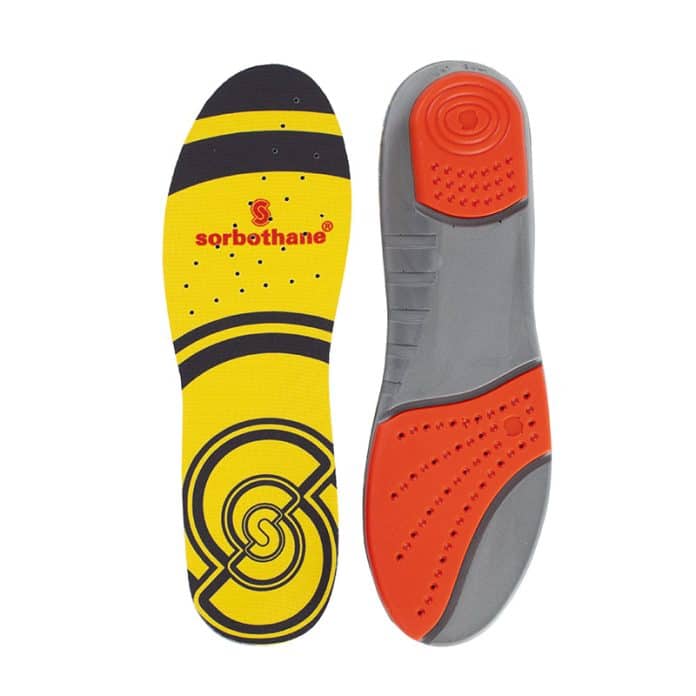
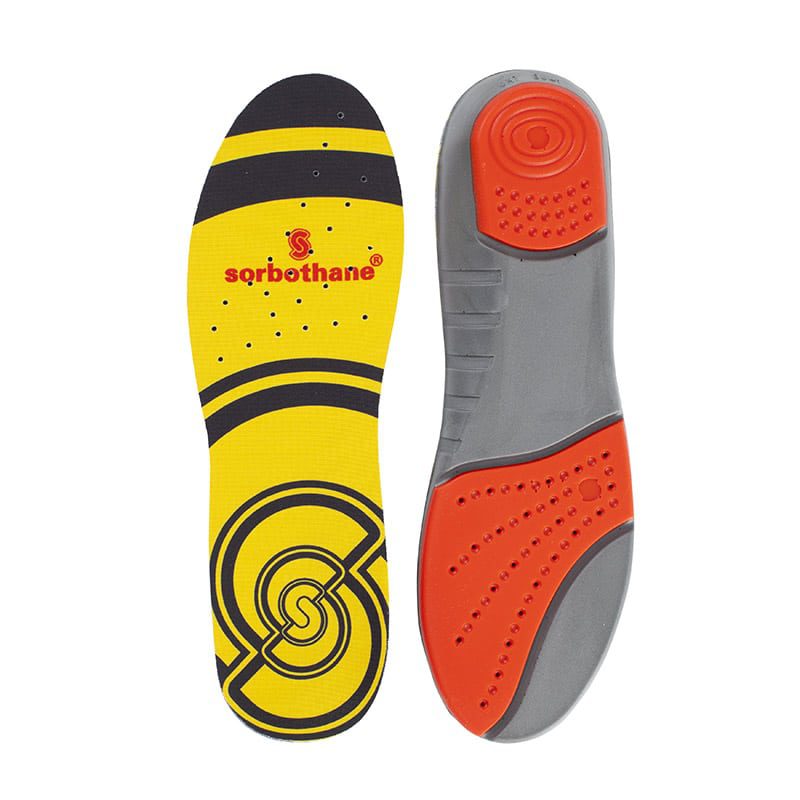
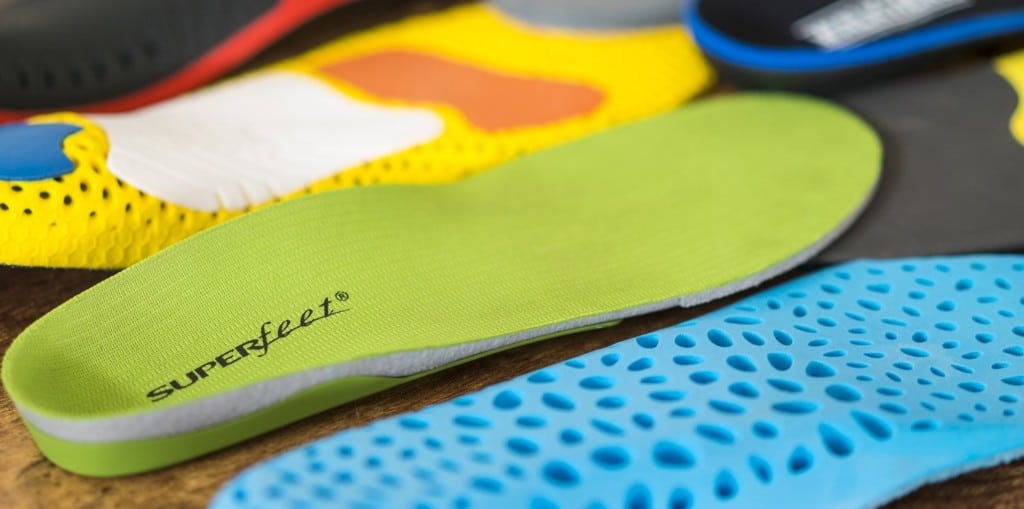
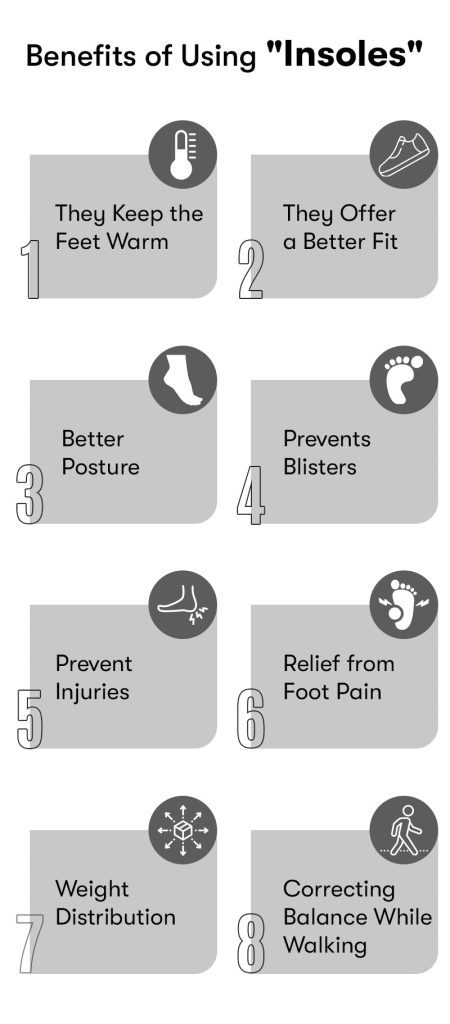
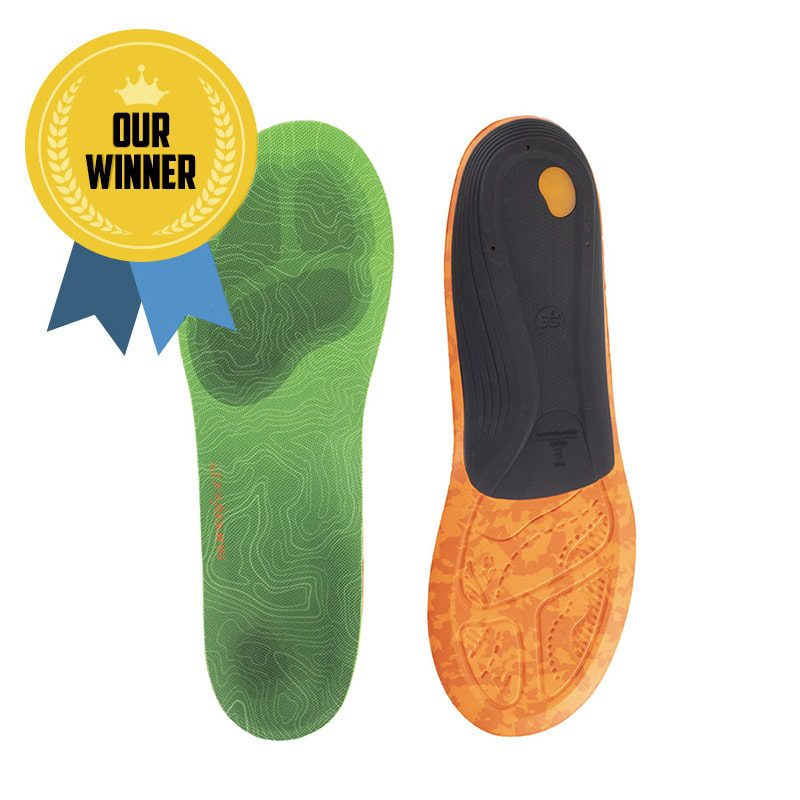
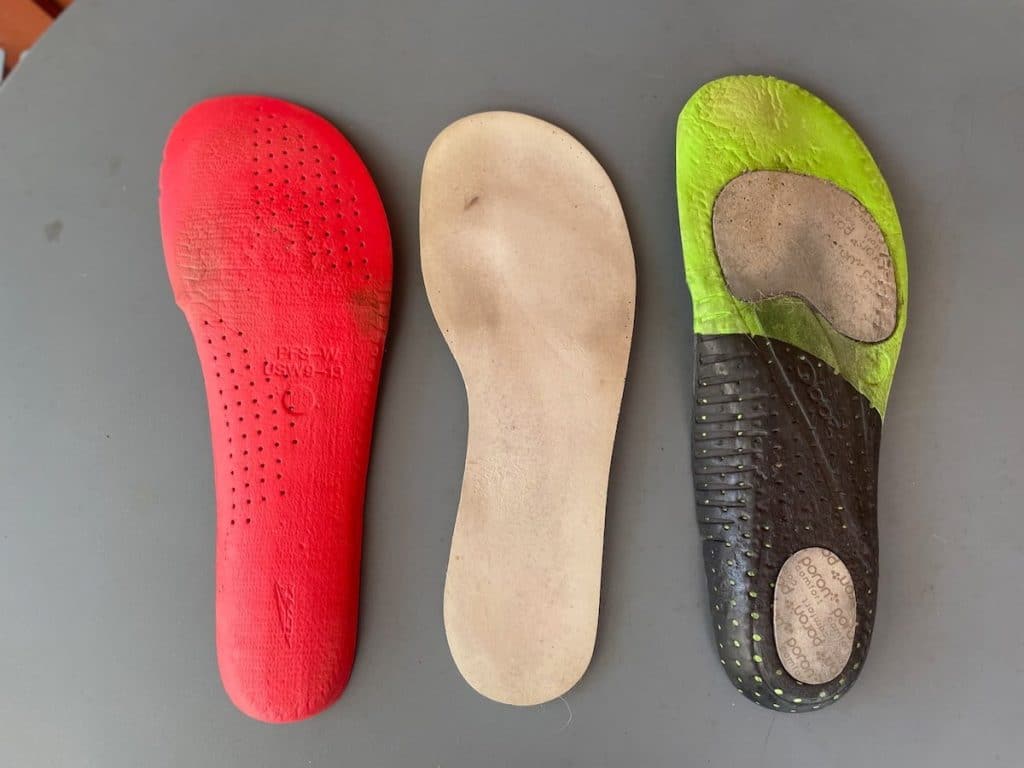
![Are Thicker Insoles Better? | Tips Shoe Insoles, Memory Foam Insoles, Providing Excellent Shock Absorption and Cushioning for Feet Relief, Comfortable Insoles for Men and Women for Everyday Use, M [US M: 6-9/W: 7-11]](https://m.media-amazon.com/images/I/41Mtskok6xL._SS520_.jpg)












